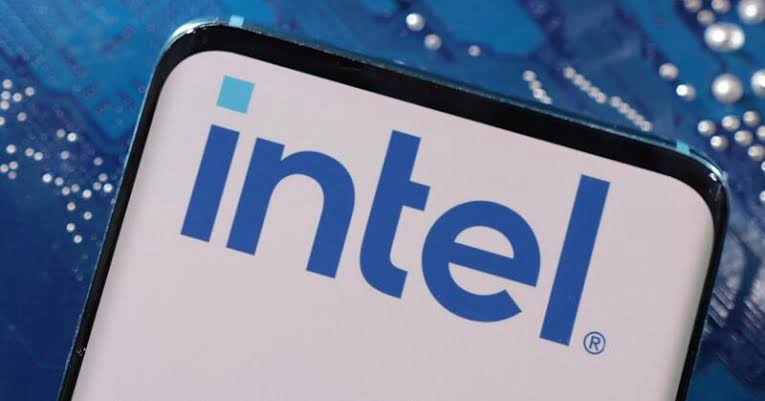
Intel’s New CEO Considers Major Overhaul of Chip Manufacturing Strategy
Intel, one of the world’s leading semiconductor companies, is reportedly exploring a significant shift in its chip manufacturing strategy under the leadership of its newly appointed CEO. This move could mark one of the most consequential transformations in the company’s history as it seeks to regain its edge in the highly competitive global chip market.
A Pivotal Moment for Intel
The company’s new CEO, whose appointment signals a fresh direction for Intel, is said to be evaluating structural changes to its manufacturing operations, which have long been a hallmark of its identity. Historically, Intel has been known for its integrated device manufacturing (IDM) model, designing and producing its own chips in-house. However, the new leadership is reportedly open to outsourcing more of its chip production to third-party foundries—a move that could reshape Intel’s operational and financial model.
Why This Matters
Intel has faced growing pressure in recent years from competitors like TSMC and Samsung, which have surged ahead in advanced chip manufacturing technologies. Delays in Intel’s own process node advancements, including its struggles with 7nm production, have raised concerns about its ability to keep pace with the rapidly evolving semiconductor landscape.
Outsourcing could allow Intel to:
Access cutting-edge manufacturing nodes faster through foundry partners Lower production costs and improve efficiency Focus more on chip design and architecture innovation Remain competitive in key markets like AI, data centers, and mobile computing
Balancing Innovation and Control
While outsourcing offers flexibility and speed, it also comes with risks—especially around supply chain security, quality control, and intellectual property protection. Intel’s new CEO is expected to weigh these trade-offs carefully, with strategic partnerships likely to play a key role in any new direction.
The company has already signaled a more open and collaborative approach, as seen with its recent Intel Foundry Services (IFS) initiative and partnerships with firms like ARM and MediaTek.
Looking Ahead
Industry analysts view the potential overhaul as a bold but necessary move for Intel, which is aiming to reclaim its leadership in a market that’s more globalized and innovation-driven than ever.
“This could redefine Intel’s future,” one analyst noted. “They’re not just changing strategy—they’re reconsidering who they are.”
As the company prepares for a new era, all eyes will be on how this shift unfolds—and whether it can restore Intel’s reputation as a true trailblazer in semiconductor technology.
